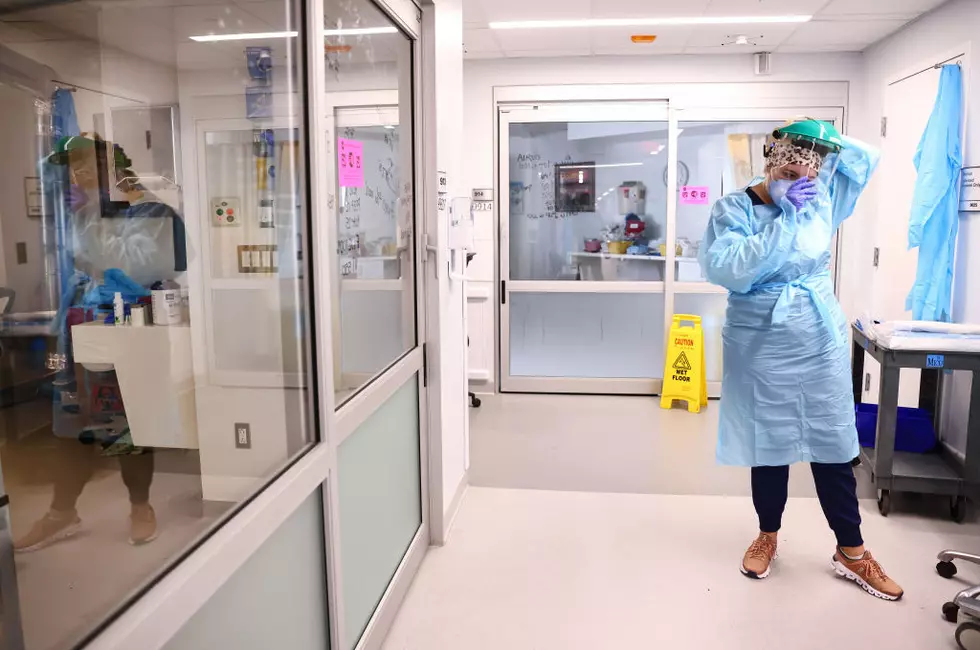
Science Explains Why We Should Work Shorter Hours in the Winter
Winter brings darkness, cold, and for many, seasonal depression, and now science says we should really be working less in the winter months. Researchers from Swinburne University have found that our sleep preferences and needs change during winter, and this doesn't work out well with the hours society keeps.
The idea is that there are a ton of hormones and chemicals that keep our internal body clock regulated, and things like sun exposure affect this clock as well. Lead researcher Greg Murray says there's a theory that our internal clocks would benefit if we slept more during the winter months, concluding, "The discrepancy between what your biological clock wants and what your social clock wants-- we have called this social jetlag. And social jetlag is stronger in the winter than it is in summer."
Social jetlag has been found to have serious consequences on health, well-being, and how we function in daily life. Scientists say if we worked hours that more closely fit our "chronobiology", we would potentially work and also feel better.
More From 870 AM KFLD








